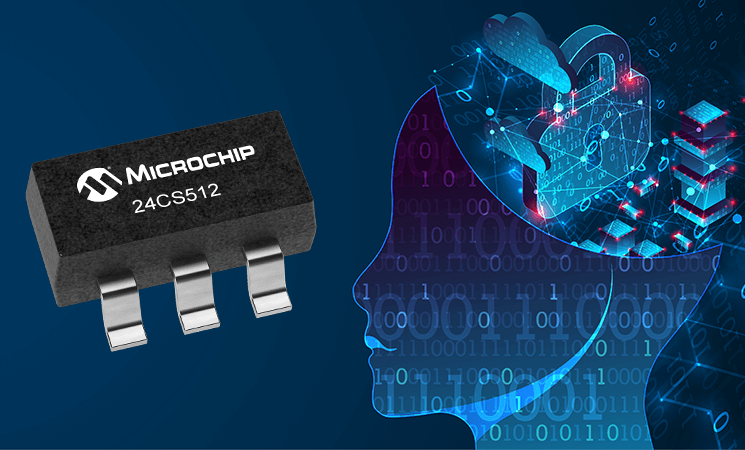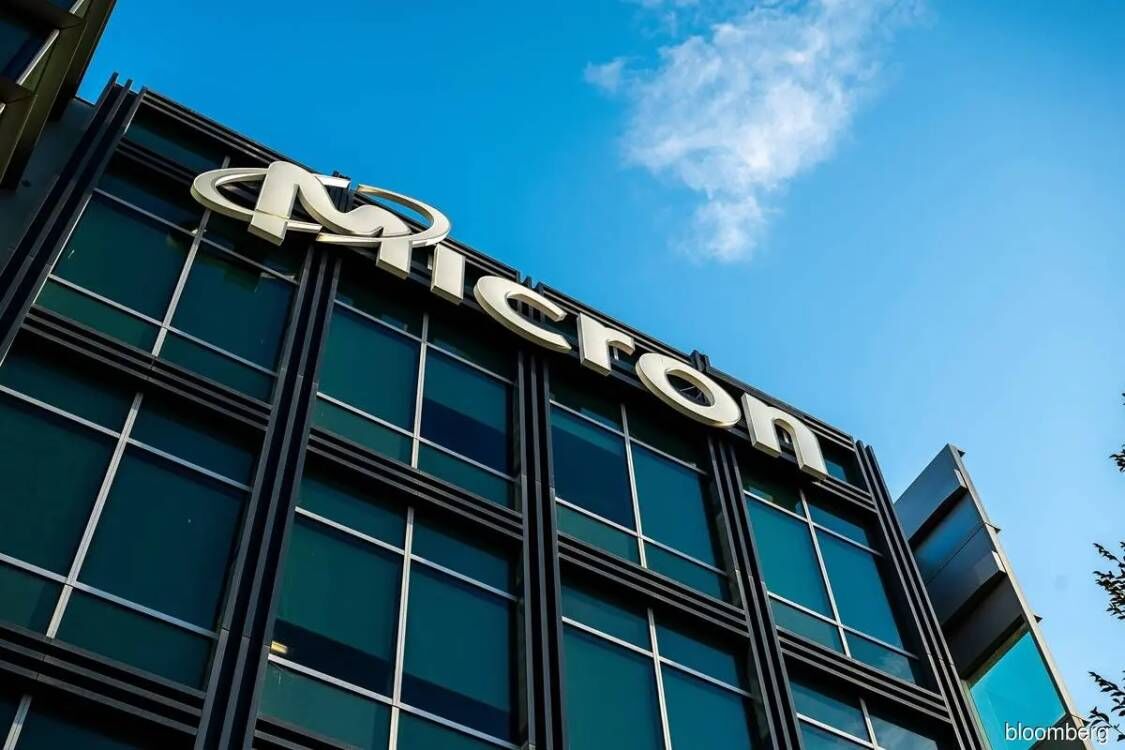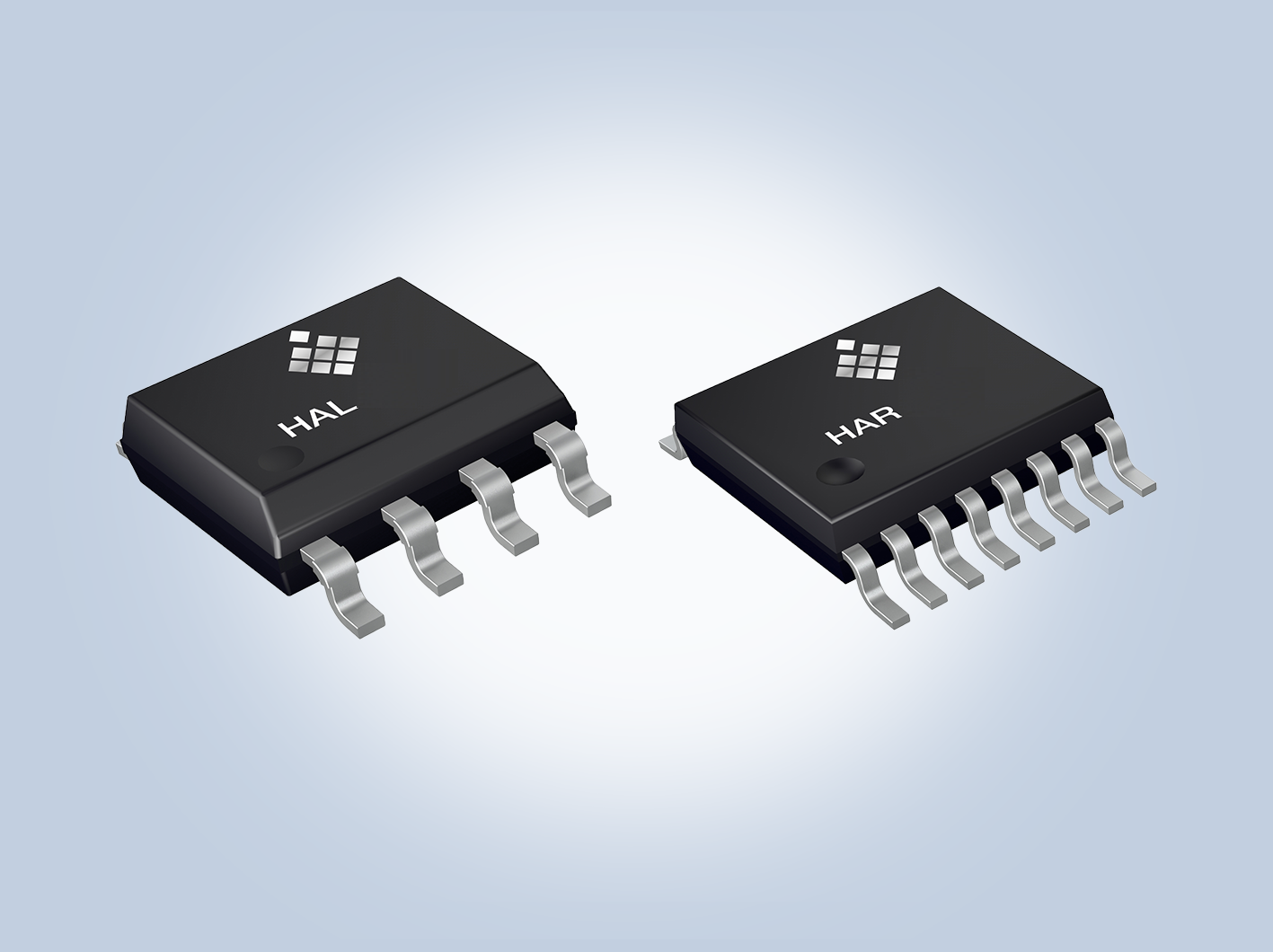Microchip Technology Inc. has released the first commercially available I2C Serial EEPROM with support for 3.4 Mbit/s data rates, the 24CS512, making it the fastest I2C EEPROM in the world.
Until now, I2C Serial EEPROM bus speeds have been limited to 1 MHz, which is sometimes not fast enough, particularly for larger memory size applications. Engineers requiring faster speeds out of their Serial EEPROMs usually choose SPI, which is typically specified for up to 20 MHz speeds. However, they have paid approximately 30 percent higher prices for the added speed while making additional sacrifices in noise susceptibility, design complexity and scalability.
Microchip’s new 24CS family of Serial EEPROMs are now 3 to 4 times faster than previous I2C EEPROMs, starting with the launch of the 24CS512. The 512 Kbit memory provides a balanced solution for applications that benefit from higher data transfer speeds while retaining the simplicity and cost advantage of I2C.
For applications requiring many different devices on the bus, SPI begins to have a scalability problem because each device on the bus requires a separate I/O pin from the microcontroller for Chip Select. More I/O pins often leads to requiring a larger and more expensive microcontroller. I2C has device addressing built into the bus protocol, so it is possible to have many devices on the bus, all sharing the same two clock and data I/O lines. This becomes a key factor as today’s designs are only growing in complexity and the need for a large number of devices on the bus is becoming more common.
“Microchip’s new High-Speed Mode I2C Serial EEPROM expands the available options for meeting complex design criteria.,” says Barry Blixt, Director of Marketing for the memory products business unit at Microchip. “Traditionally the way we look at it, if you need to transfer a large amount of data to a small number of peripherals, then SPI would probably work best. If you need to transfer small amounts of data to many different peripherals, then I2C is likely better. The new 3.4 MHz 24CS512 shifts the trade-off point, enabling more designs to fit in the latter category.”
For product information, visit www.microchip.com/24CS512.












All Comments (0)